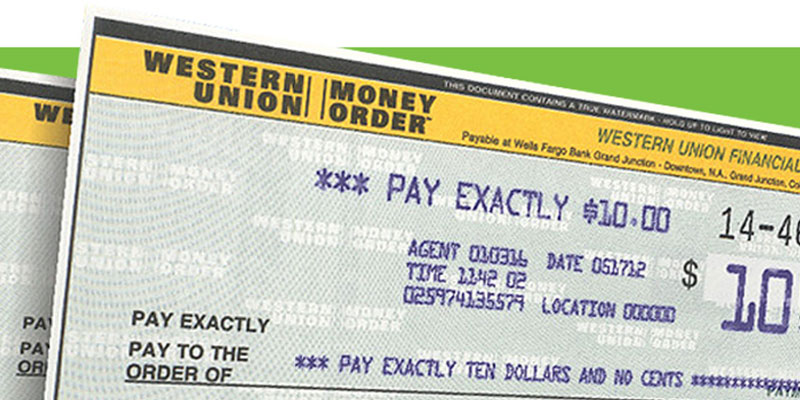Hearing loss is a common condition that affects millions of Americans, especially as they age. It can lead to social isolation, communication difficulties, and a lower quality of life.
Unfortunately, hearing aids can be expensive and cost $ 2,700 per ear. It makes it difficult for some individuals to afford the treatment they need, leading many to ask whether Medicare covers the cost of hearing aids.
In this blog post, we will explore this question in-depth and learn whether Medicare covers hearing aids. So, stick to the end, and you will leave with all the required information and alternatives.
What is Medicare?
Medicare is a federally funded health insurance program that gives coverage to people 65 and older and disabled. Medicare is divided into several parts, each of which covers a specific type of healthcare service:
- Part A covers hospitalizations, skilled nursing care, hospice care, and home health care.
- Part B covers doctor visits, outpatient services, and medical equipment.
- Part C (Medicare Advantage) is an alternative to traditional Medicare, providing coverage through private insurance companies.
- Part D covers prescription drugs.
Does Medicare cover hearing aids?
Medicare does not cover the cost of hearing aids. It is because hearing aids are considered to be a "routine" or "elective" medical expense rather than a medically necessary expense. Medicare will only cover the cost of hearing exams deemed medically necessary, such as exams to diagnose a medical condition related to hearing loss.
However, there are some situations where Medicare may cover the cost of hearing aids. For example, if you are a Medicare beneficiary participating in a clinical research study, Medicare may cover the cost of hearing aids that are part of the study. In addition, some Medicare Advantage plans may provide coverage for hearing aids, but the coverage will vary depending on the plan.

What Parts of Medicare Cover Hearing Aids?
Unfortunately, Original Medicare (Part A and Part B) does not cover the cost of hearing aids or routine hearing exams. Original Medicare only covers medically necessary hearing exams and treatment that are deemed necessary by a physician. It means that if you need hearing aids to help with age-related hearing loss, you must pay for them unless you have additional insurance coverage.
What About Medicare Advantage Plans?
Some Medicare Advantage (Part C) plans offer coverage for hearing aids and related services. Private insurance companies contract with Medicare to provide coverage and offer Medicare Advantage plans. These plans must offer at least the same level of coverage as Original Medicare, but many offer additional benefits, such as vision, dental, and hearing coverage.
If you are enrolled in a Medicare Advantage plan, you should review your plan's benefits to see if hearing aids are covered. Remember that each plan is different, so what is covered by one program may not be covered by another.

How To Apply For Medicare Plans That Cover Hearing Aids
Medicare does not typically cover routine hearing exams, hearing aids, or exams for fitting hearing aids. However, some Medicare Advantage Plans, or Medicare Part C, may offer coverage for hearing aids and related services.
To apply for a Medicare Advantage Plan that covers hearing aids, follow these steps:
Research the various Medicare Advantage Plans and compare their benefits, costs, and provider networks.
Look for Medicare Advantage Plans that offer coverage for hearing aids and related services.
Once you have selected a Medicare Advantage Plan that covers hearing aids, contact the plan to enroll. You can enroll during the Medicare Open Enrollment Period, which runs from January 1st to March 31st each year, or during a Special Enrollment Period if you qualify.
Once enrolled in the Medicare Advantage Plan, you can work with your plan's network of providers to schedule a hearing exam and explore your options for hearing aids.
It's compulsory to note that not all Medicare Advantage Plans offer coverage for hearing aids, so be sure to review the plan's benefits carefully before enrolling. You can also contact the plan directly or speak with a Medicare representative for more information about coverage options.
What Alternatives Are Available?
If you have hearing loss and are looking for alternative options to pay for hearing aids, there are several options available:
Medicaid: Medicaid is a joint federal and state program that provides healthcare coverage for low-income people. Some states offer coverage for hearing aids through Medicaid.
Veterans Affairs (VA) Benefits: If you are a veteran, you may be eligible for hearing aids through the VA. The VA provides hearing aids to eligible veterans at no cost.
Discount Programs: Some hearing aid manufacturers offer discount programs for seniors and low-income individuals. These programs can provide significant savings on the cost of hearing aids.
If Medicare does not cover the cost of hearing aids, how can I pay for them?
Do you urgently need hearing aids but cannot afford to pay for them out of pocket? Don't worry; there are several options available to you:
Look into state programs: Some states offer programs that assist with the cost of hearing aids. Contact your state's department of health or aging to find out if such a program exists in your state.
Consider financing options: Some hearing aid providers offer financing options, such as payment plans or credit programs, to make the cost more manageable.
Look into nonprofit organizations: Several nonprofit organizations provide hearing aids to people in need. One such organization is the Hearing Loss Association of America's (HLAA) Hearing Aid Project, which provides hearing aids to low-income individuals.
Final Takeaway
Medicare does not cover the cost of hearing aids. However, there are other options available to help you pay for hearing aids if you need them. Be sure to research state programs, financing options, and nonprofit organizations to find the assistance you need. And remember, taking care of your hearing health is essential to maintaining your overall health and quality of life.




